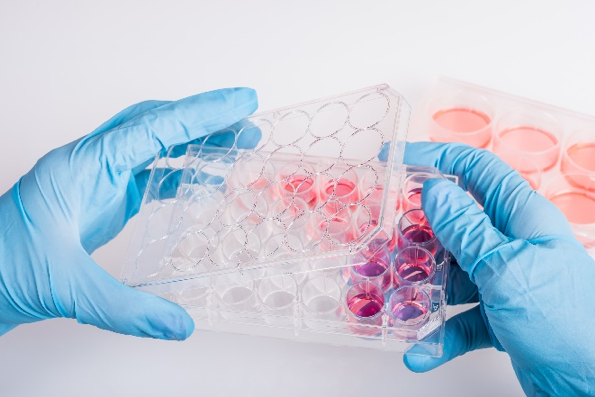
Transfection is the process of introducing foreign nucleic acids and CRISPR-Cas9 into cells to produce genetically modified cells. Transfection research has been the foundation of many important scientific and medical breakthroughs in recent years. From creating insect-resistant and more nutritious crops to developing new cancer therapies, cell transfection is essential to understanding cellular processes and generating biological advances.
While there are many different methods for transfecting cells, depending on the requirements of the research, chemical-based transfection is one of the most adaptable non-viral methods. This approach is mostly undertaken today with liposomal and polymer-based nanocarriers, but thanks to new discoveries, superior transfection reagents are now available.
The discovery of Branched Amphipathic Peptide Capsules (BAPC) has opened the door to conducting transfection research without any of the limitations that plague the existing methods. The leading transfection reagents all possess various strengths and weaknesses that limit their applications for a broad range of use. One product might only be moderately toxic to cells but not retain stability in high heat. Others may not cause an immune system response, but they lack biodegradability and can build up in the environment over time.
BAPC offer the most robust solution among the chemical-based transfection methods available today. With transfection rates that match or exceed the leading products, BAPC are completely stable in extreme temperatures, allowing them to carry their contents longer without breaking down. They display virtually no toxicity to cells and, due to their natural peptide composition, elicit no immune system response. Because they are completely biodegradable, they make it simple to move from in vitro research to in vivo applications without fear of negative environmental effects. In short, BAPC delivers all the advantages of chemical transfection without any of the limitations.